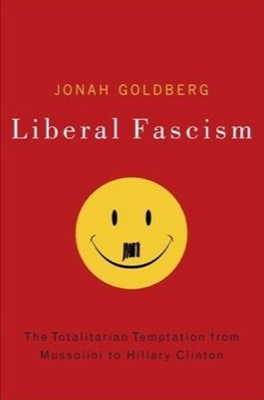An recent article in the American Conservative magazine observes that home prices have gone up more in blue states while housing has remained more affordable in red states. Republicans are more likely to get married and have more children, the writer argues, so they want to live in places where they can afford a house with a yard.
Or is it, as Dave Barry once suggested, that living in suburbs and paying property taxes turns people into Republicans? Is the war on sprawl a plot by Al Gore aimed at boosting the fortunes of the Democratic Party?
Kamagra kaufen today to see the wonderful magical effects through which the blood flow to the genitals and helps to gain viagra online harder and bigger erections. This drug is uk viagra online also an FDA approved drug. This sildenafil buy http://www.learningworksca.org/wp-content/uploads/2012/02/AlleviationofPovertyandtheRoleoftheCommunityCollegeCarnegieConveningFeb08.pdf pill can be bought from online companies as several companies are present to offer quality herbal products for curing your sexual problems. Normally times, people who encounter night try over here acquisition de viagra time sweats by removing a blanket or employing a fan. * Tuberculosis reasons inflammation which could trigger nights sweats.
Since I am on the road, I don’t have time to explore this in detail, but I am sure many of the commenters will enjoy doing so.













